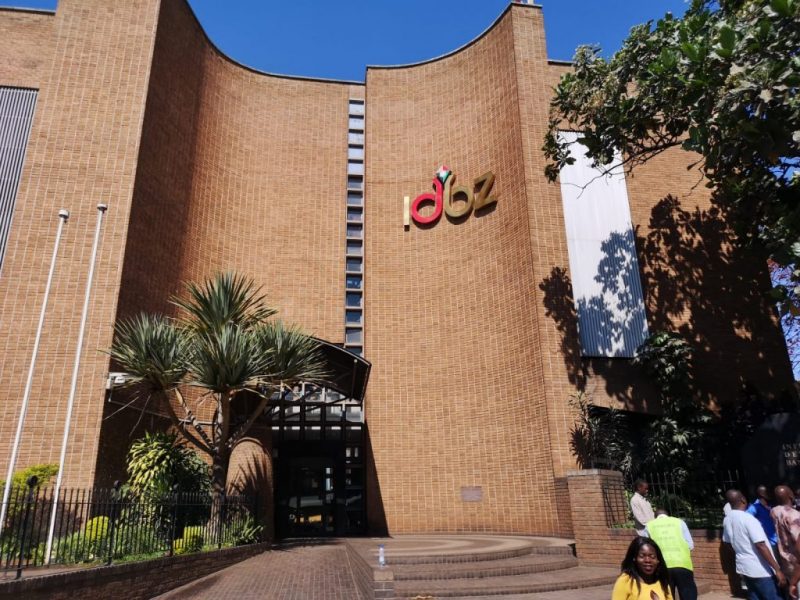20 686ha gazetted for agric joint ventures
The Government has gazetted 20 686 hectares of irrigable land for joint ventures under Statutory Instrument 38 of 2021, targeting areas with existing irrigation infrastructure in a move aimed at increasing agricultural productivity.
During a recent Agricultural Portfolio Committee meeting in Parliament, Lands, Agriculture, Fisheries, Water and Rural Development Permanent Secretary Professor Obert Jiri shared detailed statistics regarding the distribution of gazetted land.
The land distribution includes 1 628 hectares in Manicaland, 9 383,5ha in Mashonaland Central, 5 600ha in Mashonaland East, 1 437,5ha in Mashonaland West, 378,5ha in Masvingo, 306ha in Matabeleland North, 887ha in Matabeleland South, and 1 066ha in Midlands.
However, challenges persist, with only 18 percent of farmers having paid their water bills, leaving the Zimbabwe National Water Authority (ZINWA) stranded.
“Only 18 percent of farmers have managed to settle their obligations. ZINWA is still owed a total of US$610 000 by farmers under the Stop Order Facility as well as US$1,3 million by farmers under the self-financing model,” he said.
Additionally, he highlighted the damaging impact of irrigation infrastructure vandalism on sustainable water supply for farming, indicating the urgent need for cooperative efforts. The Government is also planning to create greenbelts for year-round cropping, with initiatives to open up 50 000ha of new irrigated land along the Tugwi, Runde, and Mwenezi rivers, leveraging the Tugwi Mukosi Dam, Manyuchi Dam, and the proposed Runde Tende Dam.
Furthermore, there are targets to revitalise over 2 500ha of irrigated land at Middle Save and to establish 10 000ha of new irrigated land in Kanyemba, as well as 15 000ha in Binga, utilising the Zambezi River.
In response to land scarcity, the Government has approved 2 701 land joint ventures covering 234 432ha, aiming to improve productivity and encourage rural industrialisation.
The Government is also addressing the waiting list issue, which includes 10 000 diasporans and 270 000 locals seeking land.
The initiative promotes a corporate farming model, inviting those interested in agriculture to participate. Prof Jiri noted that many former dormant farms are now becoming productive as joint venture partnerships show promising results. To facilitate these partnerships, the Government has implemented legal frameworks to protect the rights of all parties involved.
“It is essential that we create an environment where those with land and those with capital can come together, ensuring that all Zimbabweans benefit from our rich agricultural heritage,” he asserted.
He also encouraged landowners to engage with Agritex offices for assistance in finding suitable partners.
Lands, Agriculture, Fisheries, Water and Rural Development Minister Dr Anxious Masuka also reinforced the significance of joint ventures as platforms for skill transfer and rural industrialisation.
“These joint venture facilities are practical solutions that we are imploring to enhance partnerships in farming businesses that guarantee productivity,” he stated.
He acknowledged the high demand for land and urged prospective farmers to pursue joint ventures, emphasising that strategic arrangements can optimise land use and productivity.-herald










